THCA flower extract, a non-psychoactive derivative from raw cannabis plants, is gaining recognition for its potential health benefits, including anti-inflammatory, neuroprotective, analgesic, and antiemetic effects. Unlike its psychoactive counterpart THC, it does not induce mind-altering experiences, making it a sought-after option for those looking to support their wellness routines without impairment. The extract's therapeutic potential is attributed to its rich content of THCA, which engages with the endocannabinoid system via CB1 and CB2 receptors. Its benefits are amplified through premium hemp strains and optimal cultivation practices. Trusted suppliers ensure quality by adhering to organic farming and rigorous testing protocols. Users are encouraged to seek third-party lab certificates of analysis (COA) for assurance of product safety and potency. THCA flower extract is being explored for its role in pain management, mood enhancement, and overall health and well-being, with ongoing research further illuminating its therapeutic properties. As the market evolves, stakeholders remain committed to ethical production and transparent labeling to support responsible use of these products.
Explore the multifaceted world of THCA flower extract, a non-psychoactive cannabinoid found in the cannabis plant. This article delves into its potential, from therapeutic properties to health benefits, and provides a comprehensive guide on consumption methods and best practices. We’ll traverse the science behind THCA, the considerations for sourcing quality extracts, and glimpse into the future of this emerging wellness trend. Join us as we uncover how THCA flower extract can offer a natural approach to health and well-being. Key insights into its benefits await those curious about the untapped potential of cannabis science.
- Unveiling the Potential of THCA Flower Extract: An Overview
- The Science Behind THCA: A Cannabinoid Primer
- Sourcing and Quality Considerations for THCA Flower Extracts
- Therapeutic Properties and Health Benefits of THCA Flower Extract
- How to Consume THCA Flower Extract: Methods and Best Practices
- The Future of THCA Flower Extract: Research, Innovation, and Regulatory Landscape
Unveiling the Potential of THCA Flower Extract: An Overview
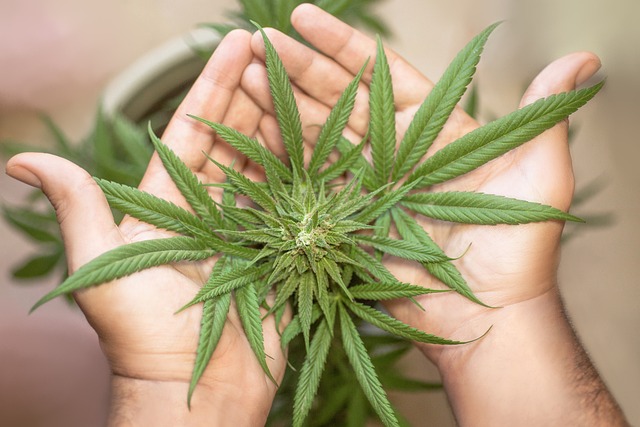
THCA flower extract, a natural concentrate derived from the raw cannabis plant, has garnered attention for its potential health benefits and therapeutic properties. Unlike its psychoactive counterpart THC (tetrahydrocannabinol), THCA maintains a non-intoxicating profile, allowing users to experience the wellness benefits without the high associated with traditional cannabis consumption. This extract is rich in THCA, which is the precursor to THC and exhibits distinct effects when consumed in its original form. Research suggests that THCA flower extract may offer anti-inflammatory, neuroprotective, and analgesic properties, making it a subject of interest for those exploring alternative health solutions. Its application spans various wellness regimens, from pain management to promoting overall homeostasis within the body’s endocannabinoid system.
The extraction process preserves THCA in its natural, acidic form, which is crucial for retaining the full spectrum of cannabinoids and terpenes that synergize for optimal therapeutic benefit. Users interested in the potential wellness advantages of THCA flower extract should consult with healthcare professionals to understand how it may complement their health regimen. Moreover, as the scientific community continues to investigate the effects of THCA, anecdotal reports from users indicate its promising role in maintaining joint and muscle health, as well as supporting a calm and focused mindset. With growing interest in cannabinoids and their potential health benefits, THCA flower extract represents a significant area of exploration for those seeking natural alternatives for well-being.
The Science Behind THCA: A Cannabinoid Primer
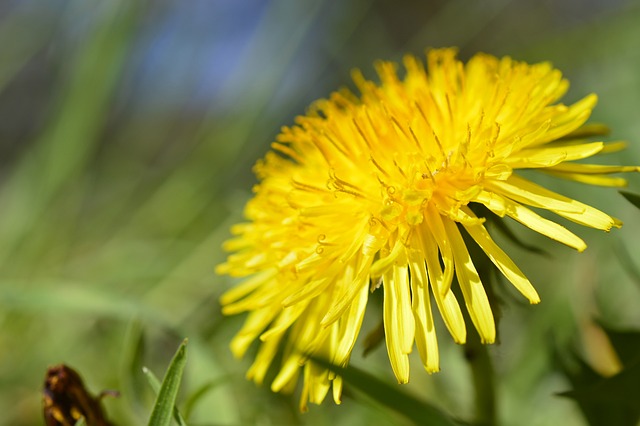
delta-9-tetrahydrocannabinolic acid (THCA) is the non-psychoactive precursor to the well-known psychoactive cannabinoid, delta-9-tetrahydrocannabinol (THC). Found abundantly in raw cannabis plants and present in high concentrations in THCA flower extracts, this compound has garnered attention for its potential therapeutic benefits. Research indicates that THCA interacts with the body’s endocannabinoid system through two primary receptors, CB1 and CB2, influencing various physiological processes without the psychoactive effects associated with THC. The science behind THCA is intriguing; it suggests that this cannabinoid may offer a range of health benefits including anti-inflammatory, neuroprotective, and anti-nausea properties. Studies have shown that THCA can modulate immune responses and has potential in managing pain and inflammation without the mind-altering side effects. As interest in cannabis derivatives continues to grow, the exploration of THCA flower extract benefits becomes increasingly significant, offering a promising avenue for both therapeutic and wellness applications.
Sourcing and Quality Considerations for THCA Flower Extracts

THCA flower extract, which contains the non-psychoactive cannabinoid tetrahydrocannabinolic acid (THCA), is gaining attention for its potential wellness benefits. When sourcing THCA flower extracts, it’s crucial to consider the origin and cultivation practices of the hemp plants from which they are derived. High-quality THCA extracts begin with premium hemp strains grown in optimal conditions, ensuring a higher concentration of THCA and other beneficial cannabinoids and terpenes. Reputable suppliers prioritize organic farming methods and rigorous testing protocols to guarantee purity and efficacy. These practices help maintain the integrity of the extracts and maximize their potential benefits, which may include supporting the body’s endocannabinoid system, promoting a sense of calm, or contributing to overall well-being. Consumers should look for products that come with certificates of analysis (COA) from third-party labs to verify potency and safety. By choosing THCA flower extracts sourced from reputable producers, users can confidently enjoy the myriad benefits associated with this promising cannabinoid.
Therapeutic Properties and Health Benefits of THCA Flower Extract
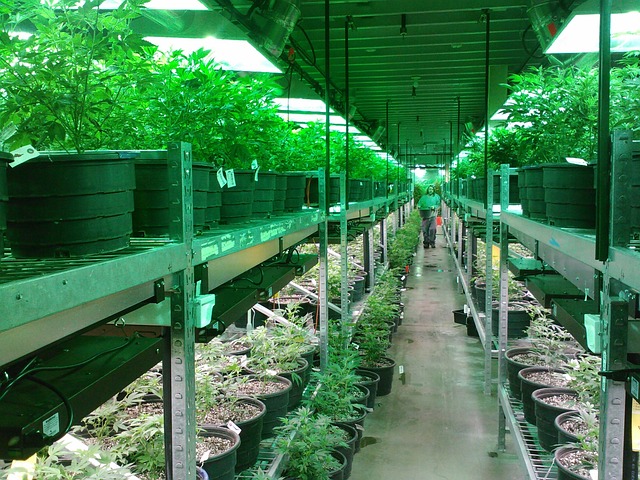
THCA flower extract, derived from the unheated buds of the cannabis plant, possesses a range of therapeutic properties that have garnered attention in both medical and wellness circles. Tetrahydrocannabinolic acid (THCA), the main non-psychoactive compound in raw cannabis, is believed to exert several health benefits, which are distinct from those of its decarboxylated form, THC. Preliminary research suggests that THCA may have anti-inflammatory and neuroprotective effects, potentially beneficial for conditions like arthritis and neurodegenerative diseases. Additionally, studies indicate that THCA flower extract could contribute to pain relief without the psychoactive side effects typically associated with cannabis use. Its interaction with the body’s endocannabinoid system may also support overall well-being by modulating mood, appetite, and immune responses, making it a subject of interest for those seeking natural alternatives for various health concerns. The extract’s potential antiemetic properties could also be valuable for individuals experiencing nausea or vomiting, often associated with chemotherapy treatments. As research continues to evolve, the therapeutic properties and health benefits of THCA flower extract are becoming increasingly clear, positioning it as a promising area of exploration in natural medicine.
How to Consume THCA Flower Extract: Methods and Best Practices
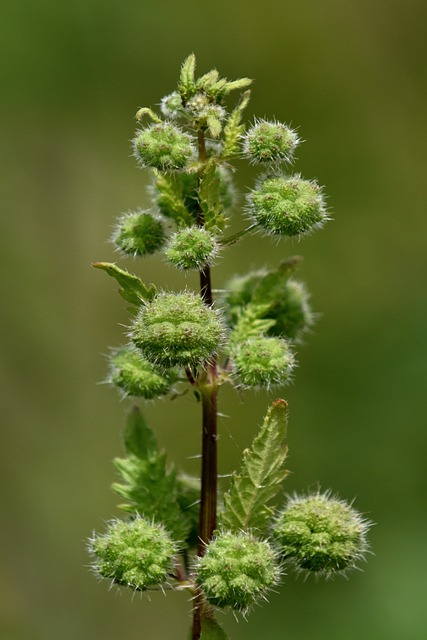
THCA flower extract, rich in tetrahydrocannabinolic acid (THCA), is gaining recognition for its potential wellness benefits. Unlike its psychoactive counterpart THC, THCA is non-psychoactive and offers a range of wellness properties without the ‘high’ associated with cannabis consumption. To harness these benefits, various consumption methods can be employed, each with its own advantages and considerations.
One popular method for consuming THCA flower extract is through vaporization. This technique allows for precise temperature control, preserving the integrity of THCA by preventing it from converting into psychoactive THC when heated. Vaporizing provides a rapid onset of effects, typically within minutes, making it ideal for those seeking quick relief or mood enhancement. Additionally, vaporization is considered a cleaner alternative to smoking, as it eliminates the combustion byproducts associated with traditional smoke inhalation. Another method is ingesting THCA flower extract in the form of edibles or capsules. This oral consumption offers a prolonged effect that can last several hours, suitable for sustained relief or as part of a daily wellness regimen. However, the onset time is longer, often taking from 30 minutes to 2 hours, depending on metabolism and the individual’s physiology. Regardless of the method chosen, it’s important to start with a low dose to gauge effects and adjust accordingly, as THCA’s impact can vary among users. Consumers should also be aware of their local laws and regulations regarding cannabis products, ensuring compliance and safety in their choice of consumption methods.
The Future of THCA Flower Extract: Research, Innovation, and Regulatory Landscape
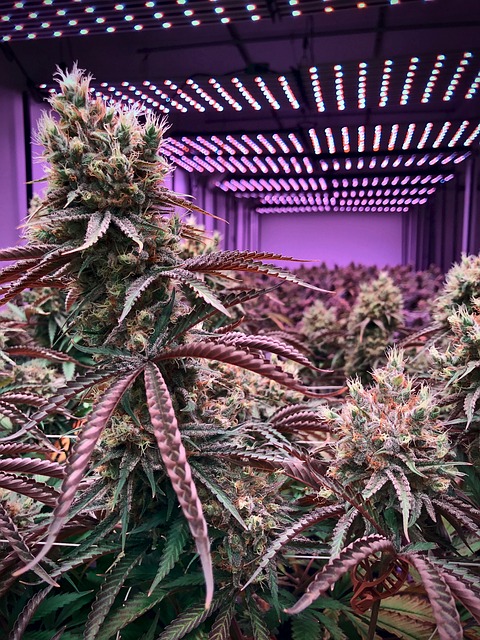
THCA flower extract, derived from the cannabis plant in its raw form before heat decarboxylation activates its psychoactive properties, has garnered significant attention due to its potential wellness benefits. As research continues to unveil the therapeutic applications of THCA, including its anti-inflammatory and neuroprotective effects, the scientific community is eager to explore further its efficacy in various health conditions. This burgeoning interest has catalyzed a wave of innovation in the extraction and formulation processes, leading to more efficient and bioavailable products. Companies are investing in advanced technologies to refine THCA flower extract benefits while maintaining the integrity of the cannabinoid’s natural profile.
The regulatory landscape for THCA flower extract is complex and varies by jurisdiction. As legal frameworks evolve, manufacturers are navigating a dynamic environment that requires adherence to stringent quality control measures and compliance with regional laws. The future of THCA flower extract is poised at the intersection of scientific discovery, regulatory oversight, and consumer safety. Ongoing clinical trials and studies aim to provide concrete evidence of its benefits, which will inform both the innovation in product development and the establishment of clear guidelines for responsible use. Stakeholders are actively participating in shaping this landscape, with a focus on ethical production practices and transparent labeling to ensure consumers have access to safe and effective THCA flower extract products.
In recent explorations into the cannabinoid domain, the THCA flower extract has emerged as a subject of considerable scientific and therapeutic interest. This article has delved into the multifaceted aspects of THCA, from its science-backed potential to its varied consumption methods and quality considerations. The extract’s benefits, particularly in the realms of health and wellness, are becoming increasingly evident, with ongoing research promising further insights into its applications. As the regulatory framework evolves, so too does the innovation around THCA flower extract, heralding a future ripe with possibilities for those intrigued by its therapeutic properties. The discussion herein underscores the importance of responsible sourcing and the need for continued scientific inquiry to fully realize the advantages offered by THCA flower extract.
